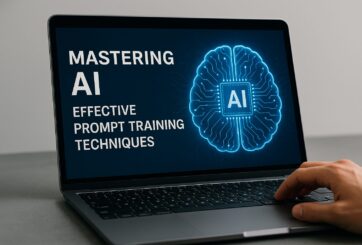
New AI Method Enhances Data Privacy While Learning Models

“Previously you needed one party with unrestricted access to all the data. Our new method enables learning accurate models for example using data on user devices without the need to reveal private information to any outsider”, Assistant Professor Antti Honkela of the University of Helsinki says.
The group of researchers at the University of Helsinki and Aalto University, Finland, has applied privacy-aware methods for example to predicting cancer drug efficacy using gene expression.
“We have developed these methods with funding from the Academy of Finland for a few years, and now things are starting to look promising.
Learning from big data is easier, but now we can also get results from smaller data”, Academy Professor Samuel Kaski of Aalto University says.
###
The method was published and presented in early December in the annual premier machine learning conference NIPS, https:/
Reference: M. Heikkilä, E. Lagerspetz, S. Kaski, K. Shimizu, S. Tarkoma, A. Honkela. Differentially private Bayesian learning on distributed data. In Advances in Neural Information Processing Systems 30 (NIPS 2017). http://papers.
For more information: Assistant Professor Antti Honkela, University of Helsinki, tel. +358 50 311 2483, @ahonkela antti.honkela@helsinki.fi
Minna Meriläinen-Tenhu, 050 415 0316, @MinnaMeriTenhu, minna.merilainen@helsinki.fi









